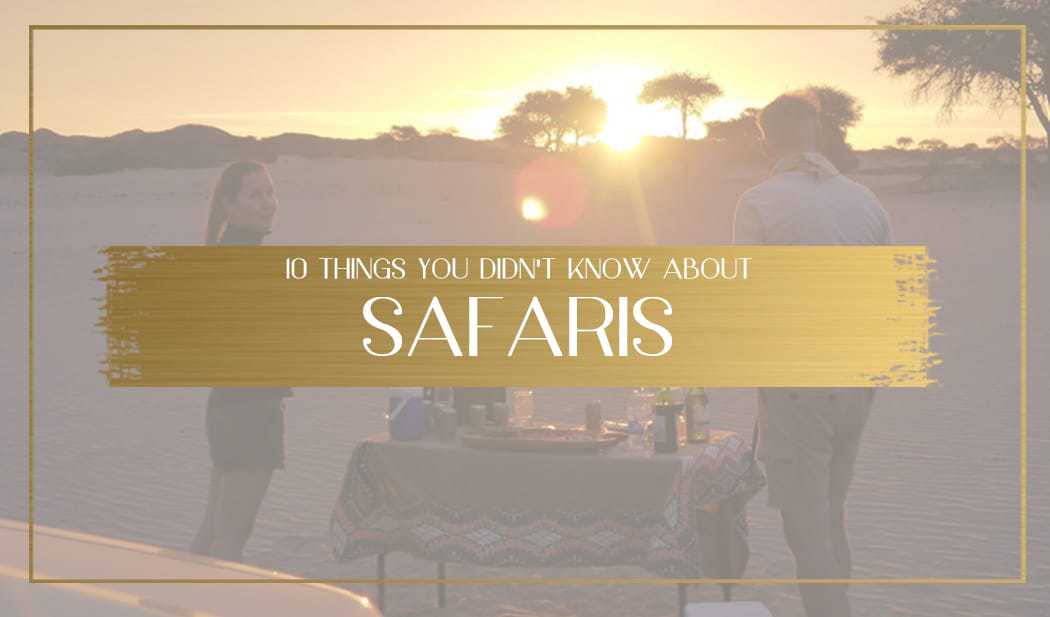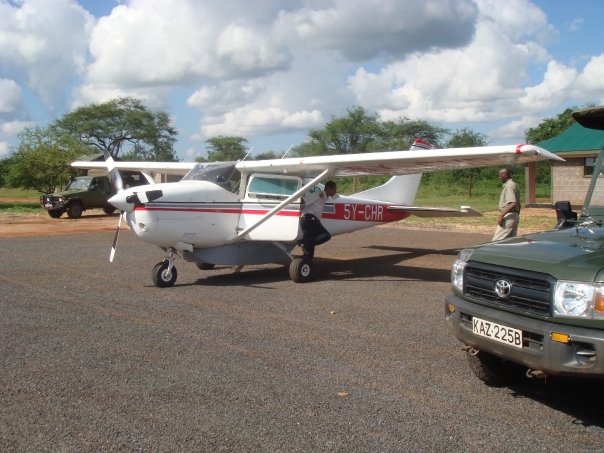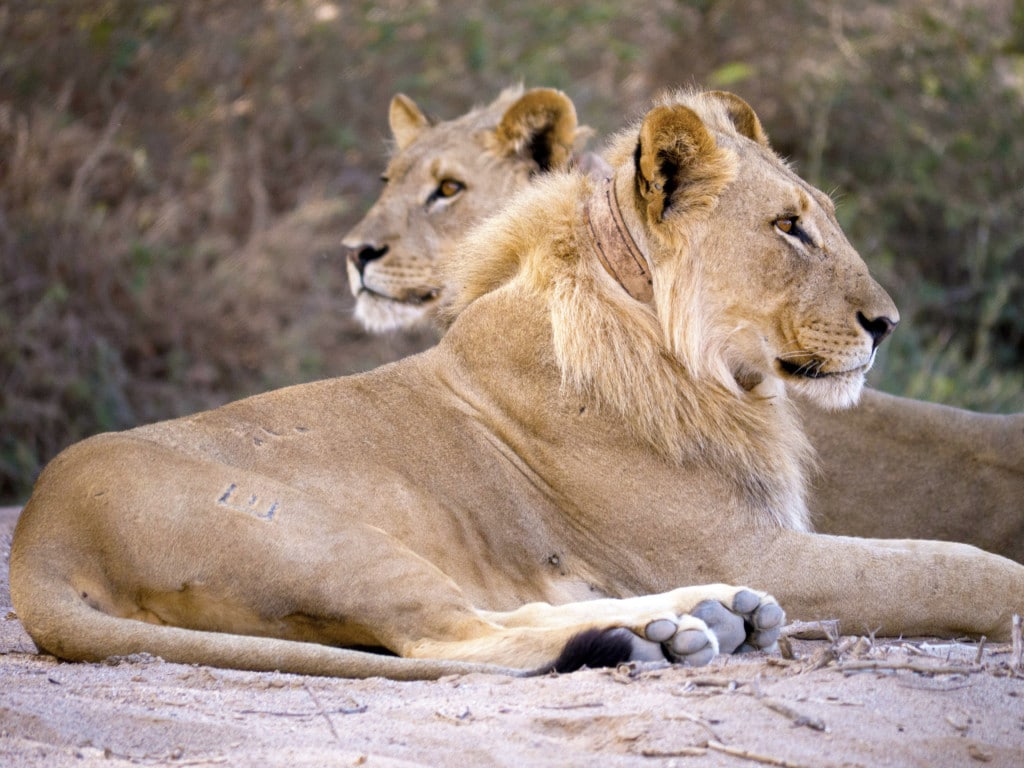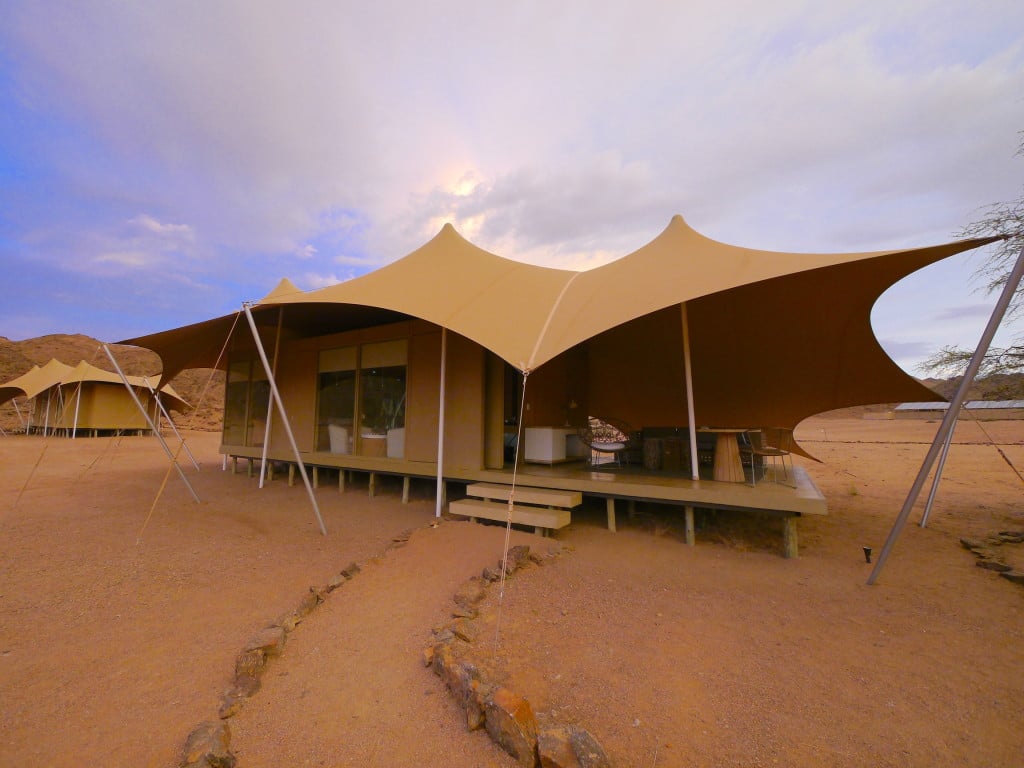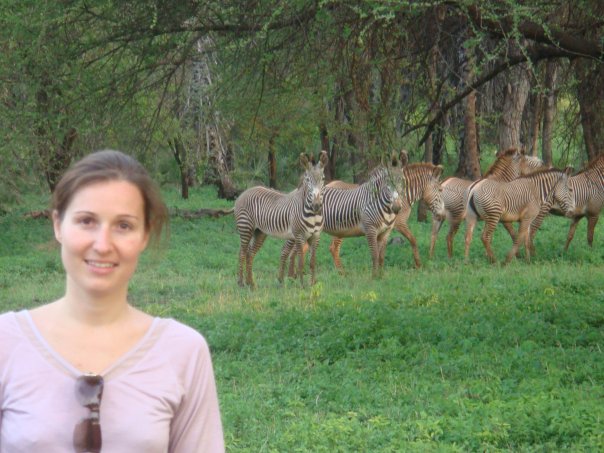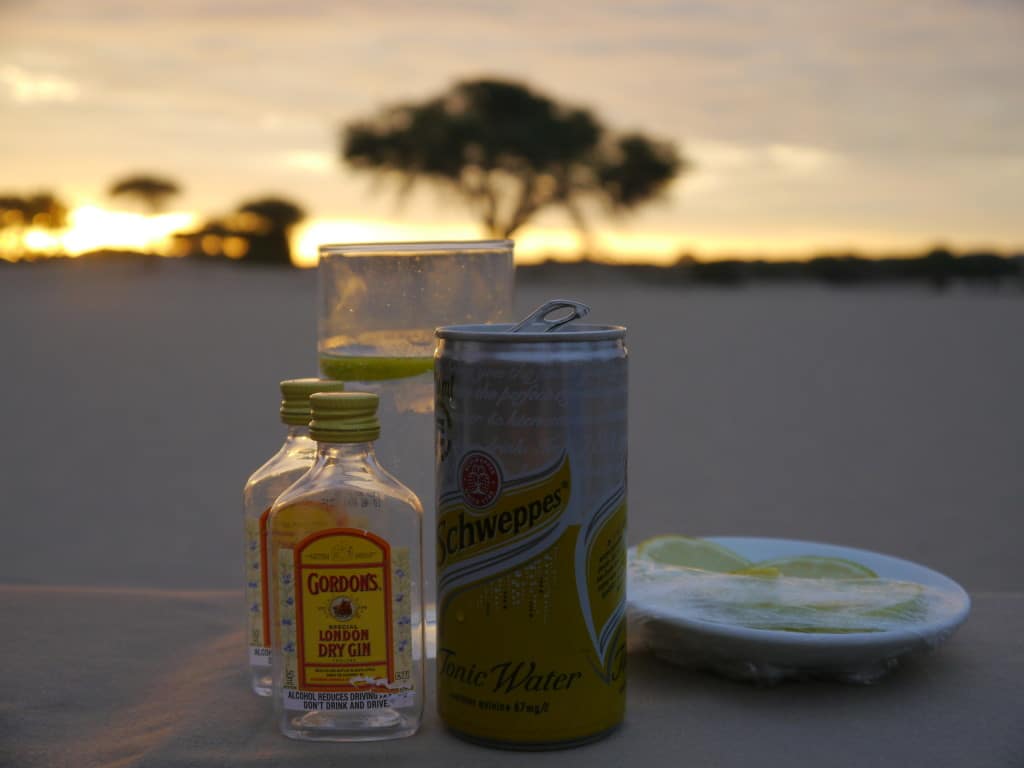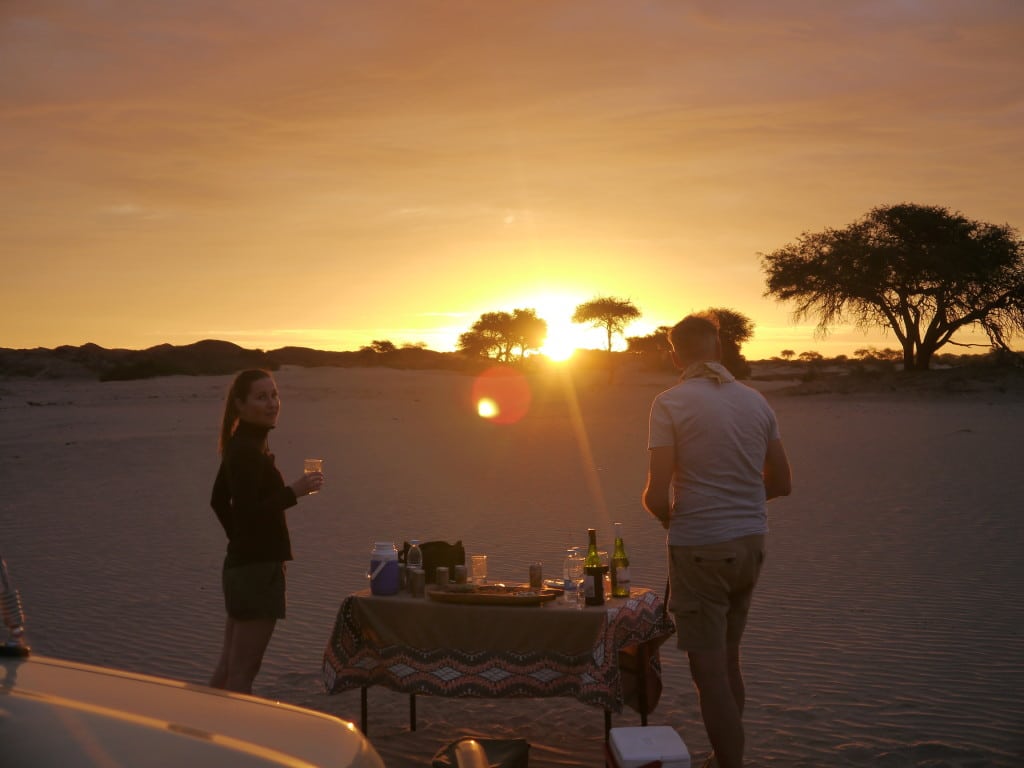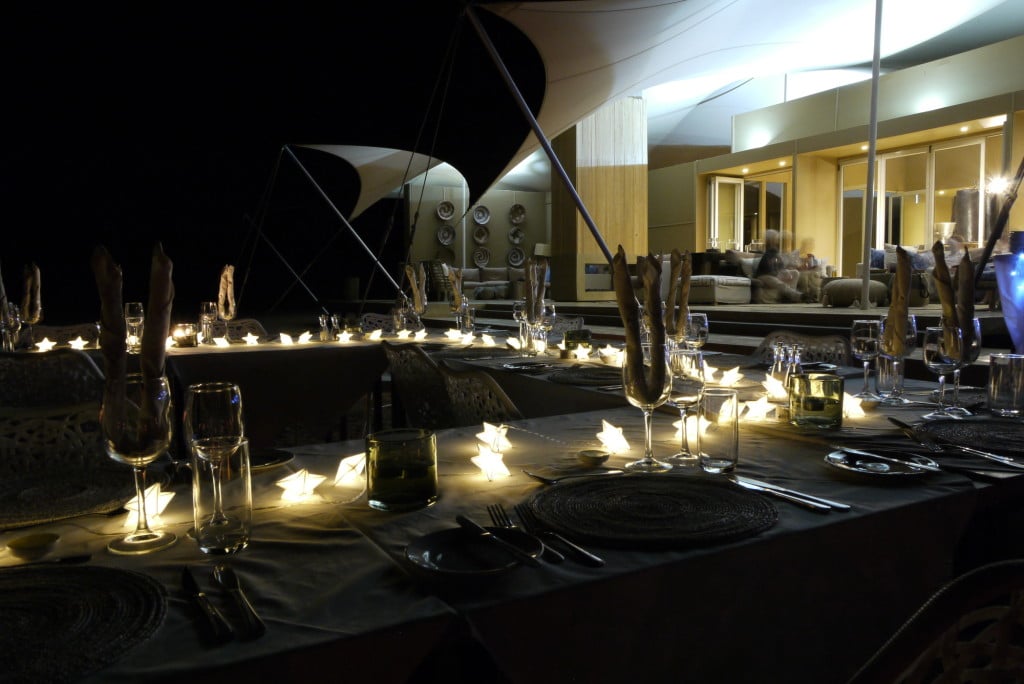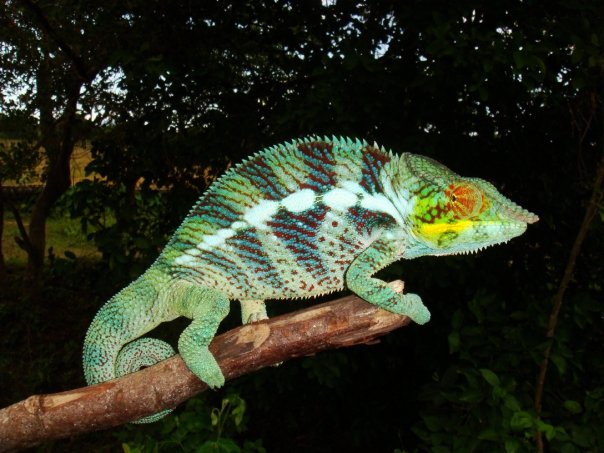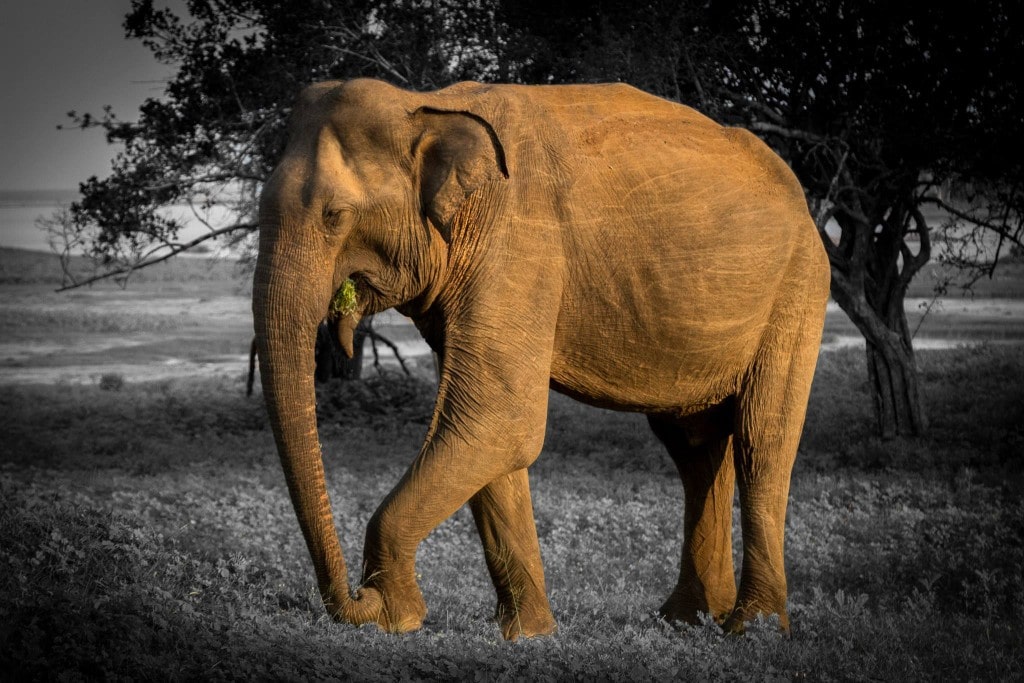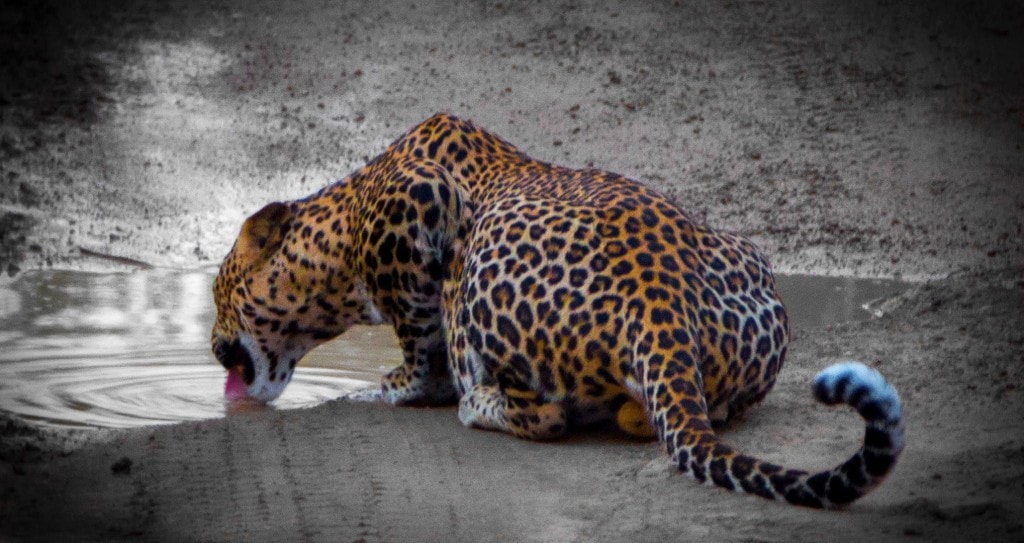Ever since The Lion King I wanted to go on a safari to see the animals that were only the object of movies in real life. When I finally got the chance, in December 2006 after being posted on a project in Kenya, I got hooked. Landing in Nairobi meant flying low over the Nairobi National Park which surrounds the airport. Giraffes and zebra were visible from the plane’s window. It was a magical sight that I still remember vividly.
Although safaris have since become more popular and accessible, with number of visitors to Kenya, the most obvious destination, peaking at 1,2 million in 2011 and staying above the 1 million mark since, there is a lot that is not typically unknown about the word safari, its origins or what a safari really entails. Read on for 10 things you may not know about safaris. Here is a bonus guide of what to pack on safari.
1. Checkered history
Originally, the word safari comes from the Swahili who borrowed it from the Arabic Safar, and it means “to travel” or “to go on a journey”. It was originally used to refer to Arab caravan trade, especially of slaves, and it later evolved into the hunting trips that were popular with Victorian adventurers such as Francis Galton who famously wrote the best-seller The Art of Travel after visiting the completely undiscovered Namibia in the mid 1800s. Although the basic idea of going on a journey of adventures remains unchanged, the hunting has thankfully been dropped. As has the slave trade element.
2. It is supremely expensive
Safaris don’t come cheap. Conservation efforts and the luxury and exclusivity attached to the concept of visiting far flung places with wildlife we only see in zoos have maintained the price of safaris at the high end of any trip. What makes them even more expensive is the common need to fly on charter or semi-scheduled small planes across the bush. Most lodges and camps need to be self-sufficient, environmentally friendly and provide a high level of luxury while having none of the infrastructure or facilities so you can expect to pay upwards of $1,000 per couple per night. There is also a degree of compromise that one has to agree to, despite the high price tag, when visiting the truly remote parts of Africa. I recently returned from the high-end Serra Cafema Lodge in the north of Namibia and, despite charging well above $1,000 per night, the water was brown at best due to the difficulties of filtering and treating it in such a remote and disconnected part of the world. Some tailored safari trips can go well above the $15,000 per person for two weeks and one can spend some fabulous amounts on the most exclusive and unique trips. Luxury is not the focus, privacy and exclusivity is.
Tip: If you cannot afford a safari, why not volunteer at a reserve or conservancy? Check out Lauren’s experience volunteering with animals in Kenya. You can read my review of Serra Cafema Lodge here.
3. Lions don’t bite
Despite statistics are rare to come by, every time there is an attack there is uproar and fear. The reality is that, these, are rare. The animals you will see are genuinely wild and have not been tamed or otherwise habituated to humans, they are generally peaceful. Lions are not interested in hunting for humans, they much prefer the bigger giraffes which will provide them with food for a few days. Furthermore, the jeep cars that you will go on game drives in appear bigger than a lion so, in their mind, you are part of a larger animal not worth attacking. If you go on a walking safari you have to follow your guide’s instructions and wear camouflage clothes so you don’t stick out. Your only ticket to safety is the guide who will almost always be armed. Should a buffalo threaten attack, your guide has the ability to shot him. Make sure he is not the type of guide who will climb up the nearest tree instead. The most dangerous animal on a safari? Mosquitoes, they are everywhere and seem to have become immune to repellent. Malaria is high across East Africa so that is the real and only threat to your health.
4. Never walk alone
Despite safaris are safe and attacks are uncommon it is never recommended to walk back to your room or tent at night alone. Most lodges and camps will pride themselves on their location, in the bush, and unfenced. That means you will be asked to return to your room with an armed guard. When I was in Uganda in one of those unfenced camps by a river, I heard a large animal rubbing himself against the tent’s wall. Peering through the tent’s window I realized it was a large animal resembling a crocodile. It turned out to be a monitor lizard but it was nonetheless frightening. You will also be given a panic button or bell to ring should something happen at night. In the same camp, one of the nights, we heard the neighbor’s alarm go off. They had been attacked by ants. In Namibia, where we had to be escorted to our room, one of the guides was attacked by a lion the week before our arrival while walking unarmed around the property at night.
5. Go for a walk
Not at night, but during the day. Walking safaris are better than river safaris which are better than game drives. At least in terms of memorable moments. While in Selous, in Tanzania, a walking safari put me in the difficult situation of finding myself between a bull elephant and a bunch of crocodiles. Proof of how memorable it was is that I still remember it today although it was well over ten years ago. And above all, don’t self-drive, you will miss most of the well camouflaged wildlife. Truth is, the only way springbok, giraffe and zebra survive the lions is because they can properly hide. And run fast. If you go without a driver you are very likely not going to see most of what is in front of your eyes unless you are very well trained. On the other end, don’t join a large group either, you will scare the wildlife. Nothing worse than staring at a lone animal with another 10 cars looking at it too.
6. Gin and tonics are great, also for malaria
If you didn’t know, gin and tonics were created by the army of the British East India Company in the 1700s. The soldiers used to drink it to prevent malaria because it was discovered that quinine, which is present in tonic water, could be used as prevention and treatment of the disease. However, the bitter taste of the quinine was unpleasant and so the soldiers used to mix it with lime, sugar and gin, of which they already had a ration. Today’s tonic water has much less quinine than the original version and it is already sweetened, making it less bitter but it continues to be my choice for a sundowner in the bush. Now you know why. Here’s more about this magical elixir.
7. Set meals
Usually, your lodge or camp’s rate will include all meals and game drives. That is because you basically cannot go anywhere else to eat. The remoteness of the lodges means that most of the food goes on a long journey of its own to reach the resort, often being air flown into the lodge. As a result, variety is limited. That being said, I have enjoyed some incredible meals in the wildest of locations and most high end lodges will cater to dietary restrictions, if they know in advance, and will offer some delicious meals but if you expect to be able to choose from an a la carte menu that is not the place for that. As per the drinks, most rates usually include alcohol too except for the premium brands. A dinner under the stars in the quietness and romance of the bush is best enjoyed with a glass of wine. Bonus, most lodges have communal tables where guests can exchange stories while having a meal. I have got some of the best travel recommendations from fellow safari goers.
8. Although invasive, safaris are the means to preserve the wildlife
Admittedly, the most remote parts of the world would be better of without a lodge and a few dozen tourists roaming around staring at animals but the reality is that tourism is the only means for survival of most of the already endangered species that can be found in most African parks. The conservation dilemma that is posed across the world is emphasized even more in African parks. The local tribes, owners of the land, lease it to tourism lodges in exchange for fees. Without this income and that derived from the tourism visitors, these tribes would trade in wildlife or continue in their hunting practices, often killing for survival. Conservation fees paid by the lodges go towards building schools, medical centers and sustainability. Most lodges have set aside additional funds for projects to create local schools in areas where the remoteness would sentence the kids to a lack of education. In a tiny island in the middle of Lake Malawi, the lodge I stayed at was building a new classroom for the kids of the staff and surrounding villages. In Namibia, the balloon company I flew over the Namib Desert with was paying for a primary school. Such projects are almost always available. Larger safari companies like Wilderness Safaris have ongoing efforts devoted to training and education in tourism and wildlife conservation as well as several projects to create awareness in the future generations. Other camps focus their efforts on research, like the Hoanib Skeleton Coast Camp which supports the Lion Project, a research initiative tracking the desert adapted lions of Namibia.
9. Tanzania is the most complete country
Safaris are available in Kenya, Tanzania, Uganda, Madagascar (though in the wide sense of the game viewing word), Malawi, Zambia, Botswana, South Africa, Namibia and the Congo but my favorite country continues to be Tanzania. The experience will be great anywhere, but Tanzania offers a wide range of options. You can go on river safaris, on walking safaris and on game drives. You can climb Kilimanjaro and watch wildlife at the Ngorongoro Volcano. You can go to the thick of the parks at Serengeti and see the wildebeest migration or spend time at the lesser known and sparse Selous Park. You can also spend time on the shore of Lake Tanganyika and see chimpanzees in the wild. Once you have had enough of the bush, you can relax on Zanzibar or lesser known Pemba island where luxury resorts and rustic bungalows abound. Dar es Salam is relaxed and the Tanzanians are friendly people.
10. Not just in Africa
The word safari usually takes us to Africa but great opportunities for wildlife and game viewing can also be found in other continents. Sri Lanka’s many parks are known for the elusive leopard and for elephants, especially Yala National Park. In India, safaris offer the opportunity to see tigers in Ranthambore and other more remote parks, although they are hard to spot. The Amazon gives the word safari a whole new meaning with jaguars, pumas, tapirs and pink dolphins from Peru to Brazil. And for the tamer version, you can always hop on a plane to Singapore and enjoy the night safari!
- Check if you need a visa, get help processing it at iVisa.
- Never ever leave without travel insurance. Get affordable coverage from World Nomads or long term insurance from Safety Wing.
- I find all of my flights on KAYAK. Check their Deals section too.
- Search for all your transportation between destinations on the trusted travel booking platform Bookaway.
- I book all my day trips and tours via GetYourGuide, they are the best and their tours are refundable up to 24h in advance.
- Get USD35 off your first booking with Airbnb.
- Compare hotels EVERYWHERE at HotelsCombined and book with Booking.com.
- Compare car rental prices at Rentalcars.com

